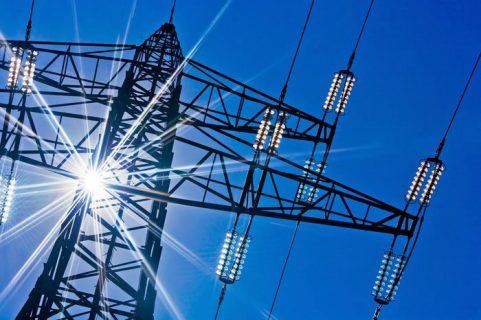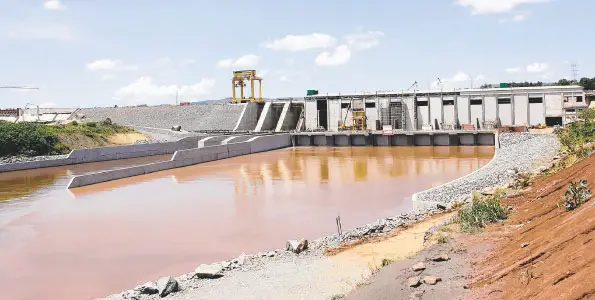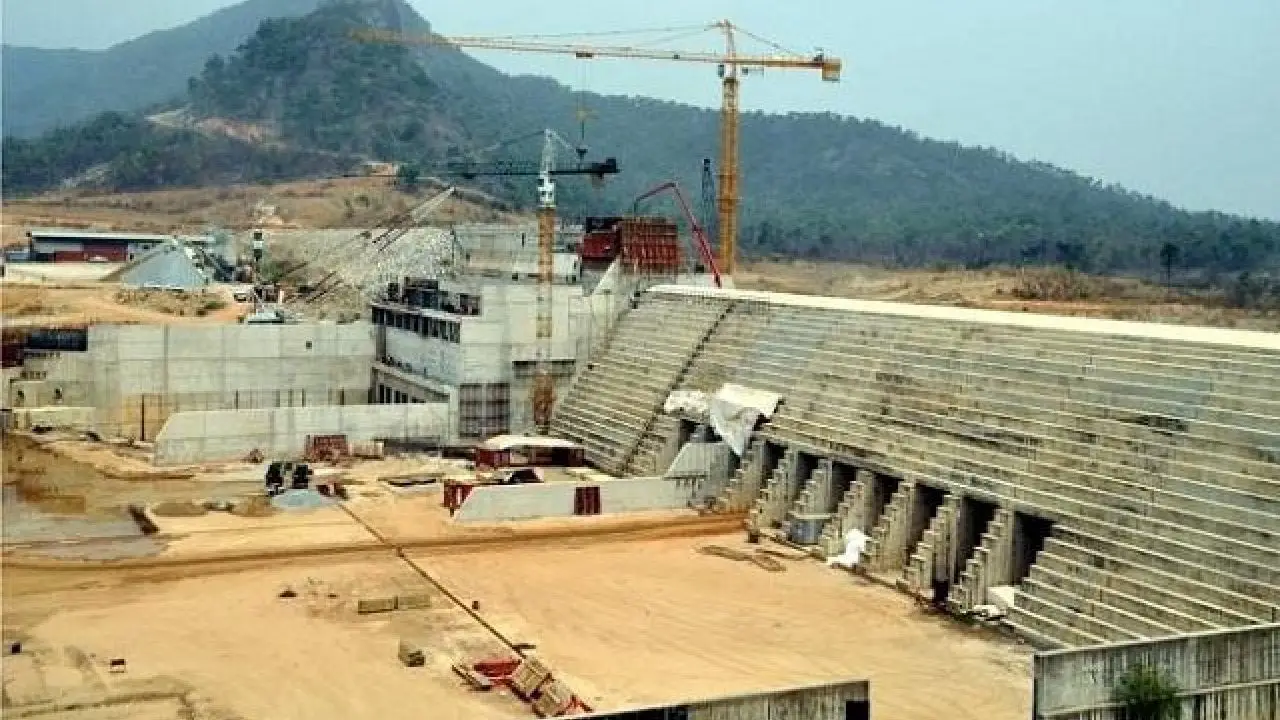The Jiji and Mulembwe hydroelectric power plants which are a few kilometers apart in Bururi Province approximately 100 km southeast of the former capital Bujumbura are set for completion in 2023.
Thereafter, the projects will be synchronized to a 110 kV grid within Burundi’s national transmission network. As a whole, the project will double up the national installed power capacity.
The Jiji and Mulembwe hydroelectric power plants will also contribute to the availability as well as reliability of electricity. According to a report from the World Bank, less than 10% of Burundi’s population has access to electricity.
Nonetheless, the country still holds a huge potential for the development of renewable energy. Thus, not only will the project improve economic activity, but it will also promote better living standards, and growth as well as further development for Burundi.
Reported On Jun 27, 2014
Burundi receives US$22m grant from AfDB for power infrastructure upgrade

The Board of Directors of the African Development Bank Group (AfDB) has approved a US$22m grant from its Fragile States Facility for the Jiji and Mulembwe Hydroelectric Plant Project in Burundi. The US$270m project will involve the construction of two hydroelectric power stations alongside infrastructure.
The two projects have three major components with the first being the construction of hydroelectric power stations and necessary infrastructure. The second will involve the provisions of technical assistance while the last detail is supporting the institutional development of the electricity sector. The AfDB grant will be towards the financing of the first component of the project.
The project is supported by a group of donors active in the energy sector in Burundi and they include the World Bank, the European Investment Bank, and the European Union.
The purpose of the project will reduce the vulnerability of Burundi’s economy and its dependence on foreign aid. The project will also facilitate the country to transition to green and inclusive growth as per AfDB’s long-term strategy. It will also contribute to an increase in the supply of reliable and affordable electricity thus directly contributing to improving living standards, economic activity, growth, and development of Burundi.
Reported On March 16, 2015
Call for pre-qualification for construction of two hydropower plants in Burundi advertised
Burundi’s power and water utility Regie de Production et de Distribution d’Eau et d’Electricite (REGIDESO) has called for applications for pre-qualification for the construction of the 31.5MW Jiji and 16.5MW Mulembwe hydroelectric power projects.
The two hydropower projects are located in Southern Burundi in Bururi province and are so close to each other- only 3.75km apart. The two hydroelectric power plants will multiply Burundi’s installed capacity.
The deadline to submit these applications for pre-qualification consideration for the construction of the two hydropower plants is 30th March this year. The forms go for US$128 each. Moreover, they are marked “Candidature de Pre-qualification pour les Travaux d’Amenagements des Centrales Hydroelectriques de Jiji et Mulembwe objet de l’AOI No. 1/DAPQ/PHJIMU/REGIDESO/T/2015.”
For information on how to apply for pre-qualification for the power plant construction project, please visit this site.
This hydroelectric power plant project will be one of the largest investments in the country’s energy infrastructure since the 1980s. It will aid in transforming the economy of the region.
Reported On January 23, 2023
Burundi’s Jiji and Mulembwe Hydropower Plants 48% Complete

Following a recent site inspection carried out by the steering committee of the Jiji Mulembwe CHs Project (PHJIMU) as part of the work monitoring, the construction work on Burundi’s Jiji and Mulembwe Hydropower Plants Development Project has reportedly achieved 48% completion.
The projects, which in addition to the construction of the two hydropower facilities that are approximately 3.75 kilometers apart include the construction of infrastructure necessary for electric power transmission and distribution, are in Bururi Province in the country’s southeast region.
The Jiji and Mulembwe hydropower plants are the most potential energy projects. Especially, in this section of the country right now.
The project is divided into three parts: Component A consists of Hydropower Plants and Related Infrastructure. Component B of project technical assistance, and Component C of institutional development support for the electrical industry.
Expectations for the Jiji and Mulembwe Hydropower Plants
This hydropower project has a total capacity of which is 48 MW. Well more than quadruple the national installed power-producing capacity (now 39 MW). The project aims to increase Burundi’s electric power output.
They will have a favorable influence on the long-term viability of the energy industry. In particular and the economy of Burundi as a whole also facilitates the provision of energy to the project’s local villages. In addition, they will help reduce the country’s energy deficit while also fostering green and equitable growth.
Hydropower is a proven, renewable, large-scale, and cost-effective energy source. Its low production cost (about $0.10/kWh) compares favorably to other technologies such as thermal, wind, and solar. By supplying cost-effective electricity to homes and companies and promoting human well-being, responsible hydropower development can make a significant contribution to eradicating poverty and increasing shared prosperity on the African continent.

